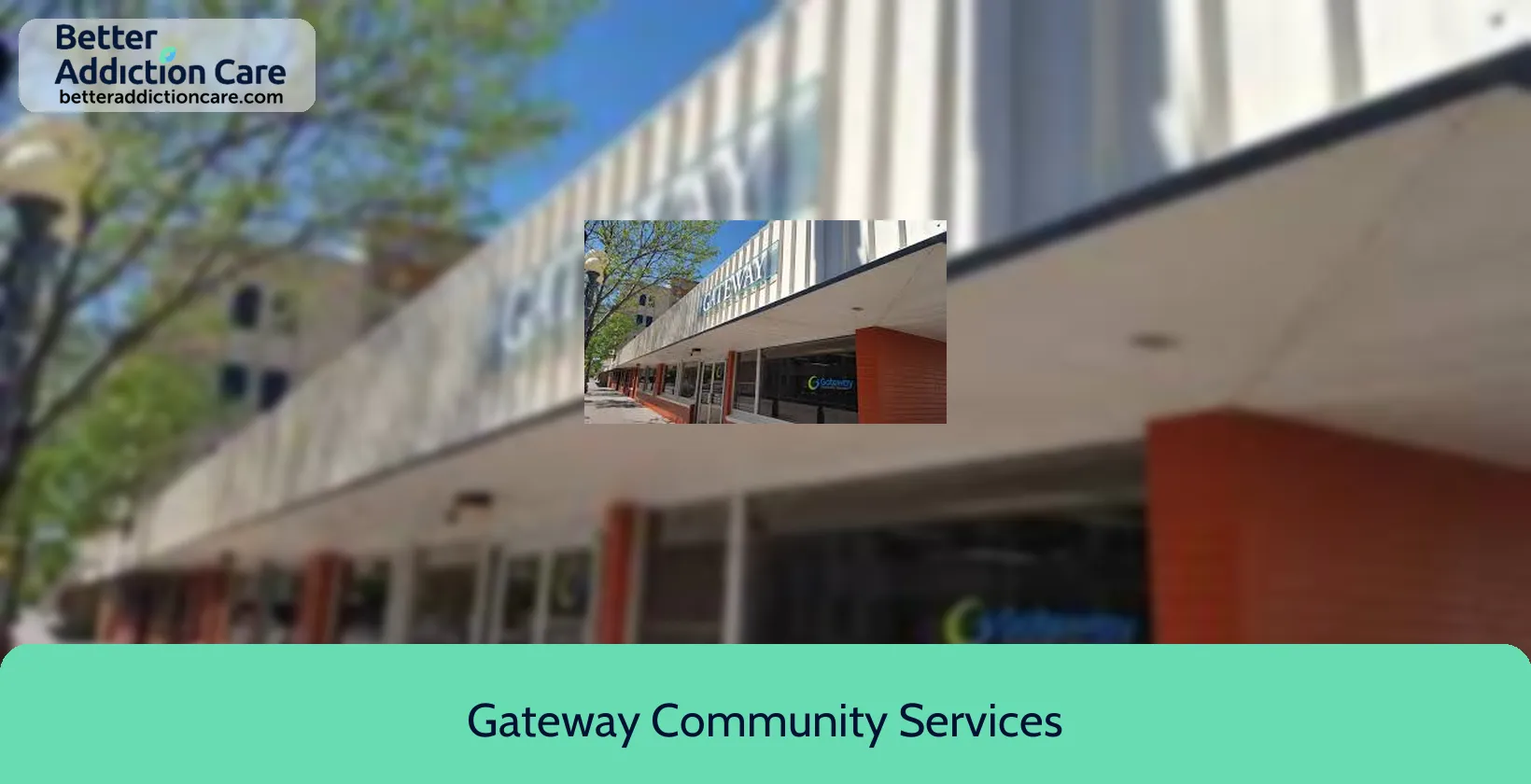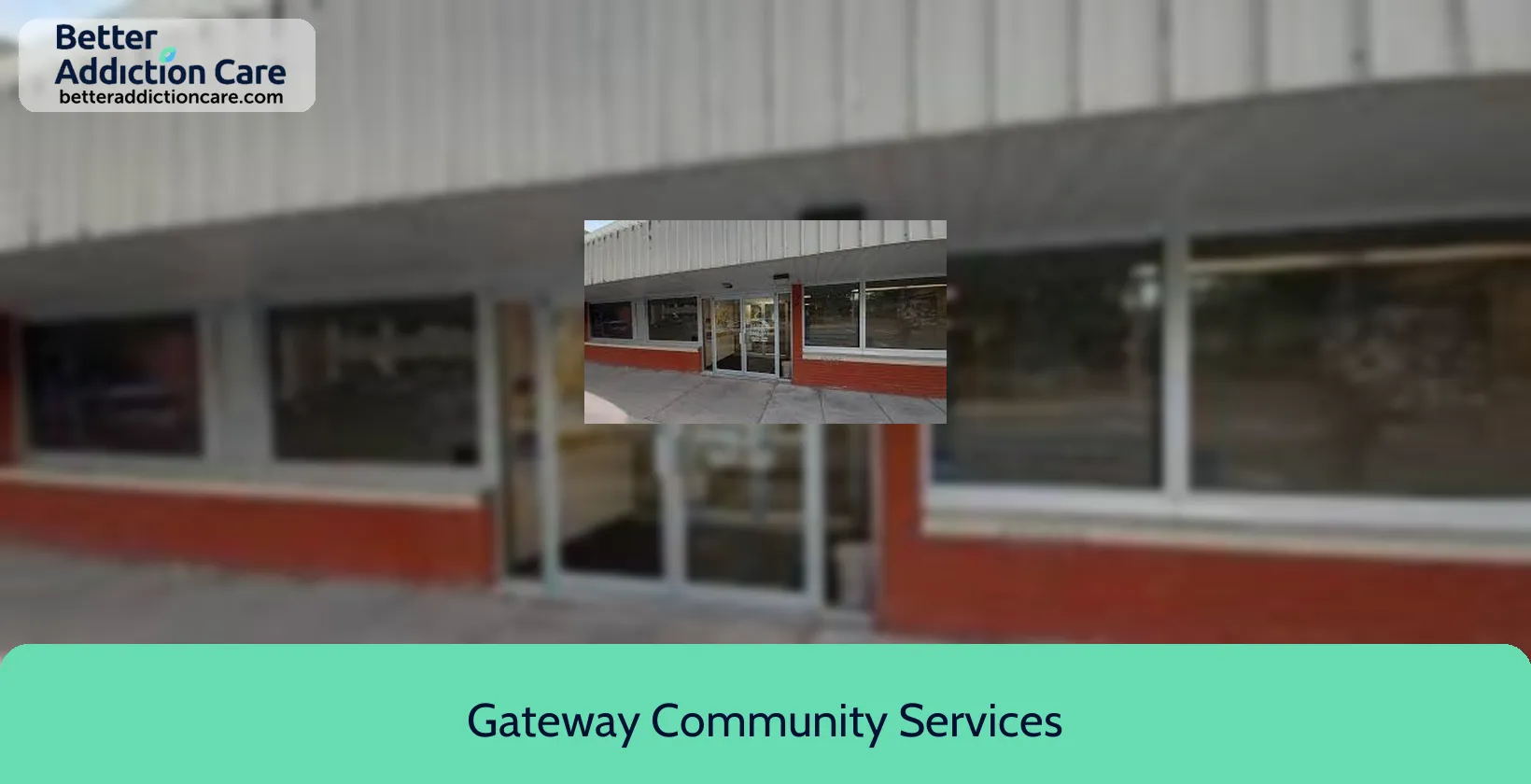Gateway Community Services
Overview
Gateway Community Services, located in Cascade, Montana, offers comprehensive treatment for individuals struggling with drug and alcohol addiction. The facility provides detoxification and rehabilitation services for both adults and adolescents, ensuring a tailored approach to meet diverse recovery needs. While not faith-based or gender-specific, Gateway offers gender-sensitive recovery housing to support individuals in their rehabilitation journey.
The center provides several programs, including detoxification, inpatient and outpatient rehabilitation, intensive outpatient programs, aftercare services, and sober living options. Treatment modalities include cognitive behavioral therapy (CBT), group and individual counseling, family therapy, medication management, trauma counseling, and 12-step programs. Gateway Community Services is recognized for its recovery housing, which creates a supportive environment for long-term recovery. The facility is accredited by The Joint Commission, ensuring high standards of care.
Gateway Community Services at a Glance
Payment Options
- Access to Recovery (ATR) Voucher
- Medicaid
- Private health insurance
- Cash or self-payment
- State-financed health insurance plan other than Medicaid
Assessments
- Comprehensive mental health assessment
- Comprehensive substance use assessment
Age Groups
- Adults
- Children/adolescents
- Young adults
Operation
- Treatment duration
- Private non-profit organization
Highlights About Gateway Community Services
6.65/10
With an overall rating of 6.65/10, this facility has following balanced range of services. Alcohol Rehabilitation: 8.00/10, Drug Rehab and Detox: 6.00/10, Insurance and Payments: 6.00/10, Treatment Options: 6.61/10.-
Alcohol Rehabilitation 8.00
-
Treatment Options 6.61
-
Drug Rehab and Detox 6.00
-
Insurance and Payments 6.00
Accreditations
The Joint Commission:

The Joint Commission accreditation signifies that a facility has met rigorous standards of excellence in patient care, treatment, and safety. It assures individuals and healthcare professionals that the accredited facility provides high-quality, evidence-based care for addiction and mental health issues, fostering trust and confidence in their services.
Treatment At Gateway Community Services
Treatment Conditions
- Mental health treatment
- Alcoholism
- Opioid Addiction
- Substance use treatment
- Co-occurring Disorders
Care Levels
- Intensive outpatient treatment
- Detoxification
- Aftercare
- Halfway house
- Outpatient
Treatment Modalities
- Group counseling
- Family counseling
- Individual psychotherapy
- Cognitive Behavioral Therapy
- Life Skills
Contact Information
Read our Most Recent Article About Drug Addiction
DISCLAIMER: The facility name, logo and brand are the property and registered trademarks of Gateway Community Services, and are being used for identification and informational purposes only. Use of these names, logos and brands shall not imply endorsement. BetterAddictionCare.com is not affiliated with or sponsored by Gateway Community Services.










